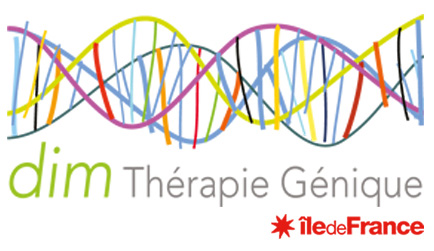Scientific leader
Dr. Annarita Miccio
In sickle cell disease (SCD), a single amino acid change (β6Glu→Val) in the adult hemoglobin (Hb) βSchain causes Hb polymerization with consequent red blood cell (RBC) sickling, vaso-occlusive crises, organ damage and reduced life expectancy. The clinical course of SCD is ameliorated by elevated levels of fetal γ-globins. We have recently demonstrated that CRISPR/Cas9-mediated disruption of repressor binding sites in the γ-globin promoters in SCD patient hematopoietic stem/progenitor cell (HSPCs) efficiently reactivates fetal hemoglobin expression, and corrects the sickling cell phenotype. Here, we intend to perform preclinical studies by optimizing an efficient transfection system to genetically modify large numbers of HSPCs required for the reconstitution of a “healthy” hematopoietic system in SCD patients. This study will provide evidences of the efficacy and feasibility of our therapeutic strategy.
Laboratory
Chromatin and gene regulation during development lab
Institut Imagine
24 Boulevard du Montparnasse
75015 Paris

